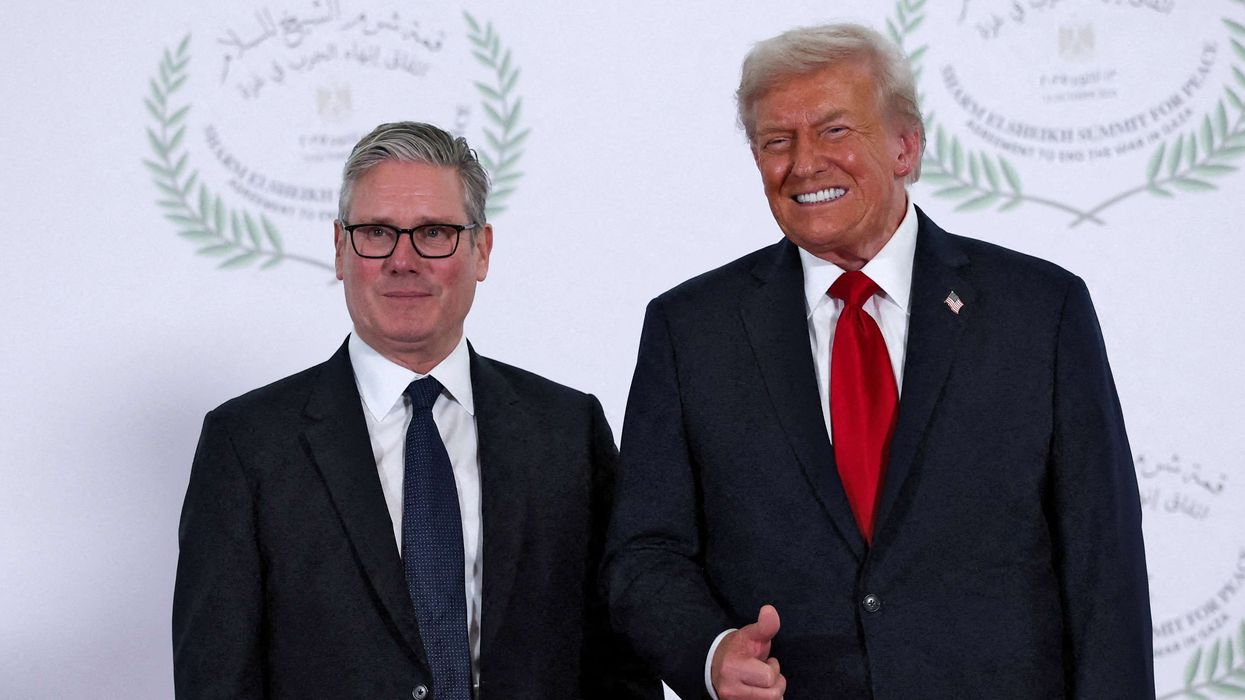by LORD JITESH GADHIA
IT IS virtually certain that the prime minister will lose this Tuesday’s (15) Brexit vote in parliament by a large majority.
So the question everyone is asking – but which nobody can answer – is where next? What is plan B?
The immediate response from opposition parties will be to call for a no-confidence vote in the government with the hope of triggering a general election. That is undoubtedly Labour leader Jeremy Corbyn’s plan A (and plan B too). But what should the prime minister do?
In the House of Lords last week, I argued for a cross-party response which seeks to heal the ideological divides between and within families, communities and political parties. The British electorate has given politicians confusing signals. Yes, the 2016 referendum mandated parliament to leave the European Union, but the general election in 2017 did not provide Theresa May with a clear majority to implement Brexit unconstrained.
There is a vocal minority of MPs who argue that “leave means leave” and we should not be afraid of departing the EU without a negotiated withdrawal agreement. They are prepared to stare down Brussels in the hope of forcing the EU to backdown on the Northern Ireland backstop. It seems the European Commission might budge and provide some reassurances, but it certainly will not capitulate. This game of brinkmanship is a high-stakes endeavour. Taking things to the wire can play a part in a robust negotiation and help test boundaries. But in international diplomacy, there are limitations on playing poker with people’s lives and livelihoods.
We should also remember that Brexit is a process, not an event. We are barely at the end of the beginning. We will need to draw upon goodwill with our European partners, generated over many years, and it is the end destination that matters most.
That is why leaving the EU without a negotiated agreement lacks credibility, as we need their cooperation in agreeing future trading arrangements. The justice secretary, David Gauke, rightly described “no-deal Brexit” as a unicorn. But there are still enough MPs willing to chase this unicorn who can block the prime minister’s deal. They will continue to do so, no matter how many times she brings a vote back to parliament, and regardless of any further assurances received from the EU.
It is therefore abundantly clear that a deal cannot secure approval without the support of opposition MPs. The only path for the prime minister following the vote (Eastern Eye went to press as the vote was happening) is to conduct a discovery process to see if there are enough opposition MPs willing to set aside their party whip, and act in the national interest, to support an alternative Brexit plan.
The government should work with opposition parties to allow parliament to have a series of free votes and enable MPs to reveal their true preferences. It is likely that such a process will confirm that the Commons opposes “no deal”, and that MPs prefer a softer form of Brexit, perhaps tilted more towards Norway than Canada, and with a permanent
customs union.
Some will inevitably view this as a betrayal of Brexit, but it reflects the change in parliamentary arithmetic following the 2017 general election. It also reflects the consequences of a simple binary referendum. There are at least 17.4 million versions of Brexit and there is no consensus on which path to pursue. The prime minister has tried to chart a middle course which strikes a balance between safeguarding prosperity and regaining sovereignty.
Meanwhile, the eyes of the world are on us, particularly from the business community. Its primary focus is to secure a timely decision and path to certainty, especially when the headwinds of the global business cycle are turning against us. Britain’s international reputation for political stability – and mature, rational decision-making – has already been dented.
The actions of parliament in the coming days and weeks will determine how the UK continues to be perceived by global investors, with very real economic consequences. The time for protracted debate has ended. It is time to decide – to govern is to choose. Even though it may be necessary to extend Article 50, it is unlikely to produce a fundamentally different set of choices. At this stage in the life of a complex negotiation, it is not about tinkering with individual clauses, but evaluating the advantage of the deal, compared
with other credible, deliverable alternatives.
I sincerely hope that parliament can solve this most difficult of Rubik’s cubes, but we must be prepared for the very real possibility that there is a blocking minority for every option, resulting in deadlock. In such a situation, a fresh democratic process, whether a second referendum or general election – will become inevitable.












